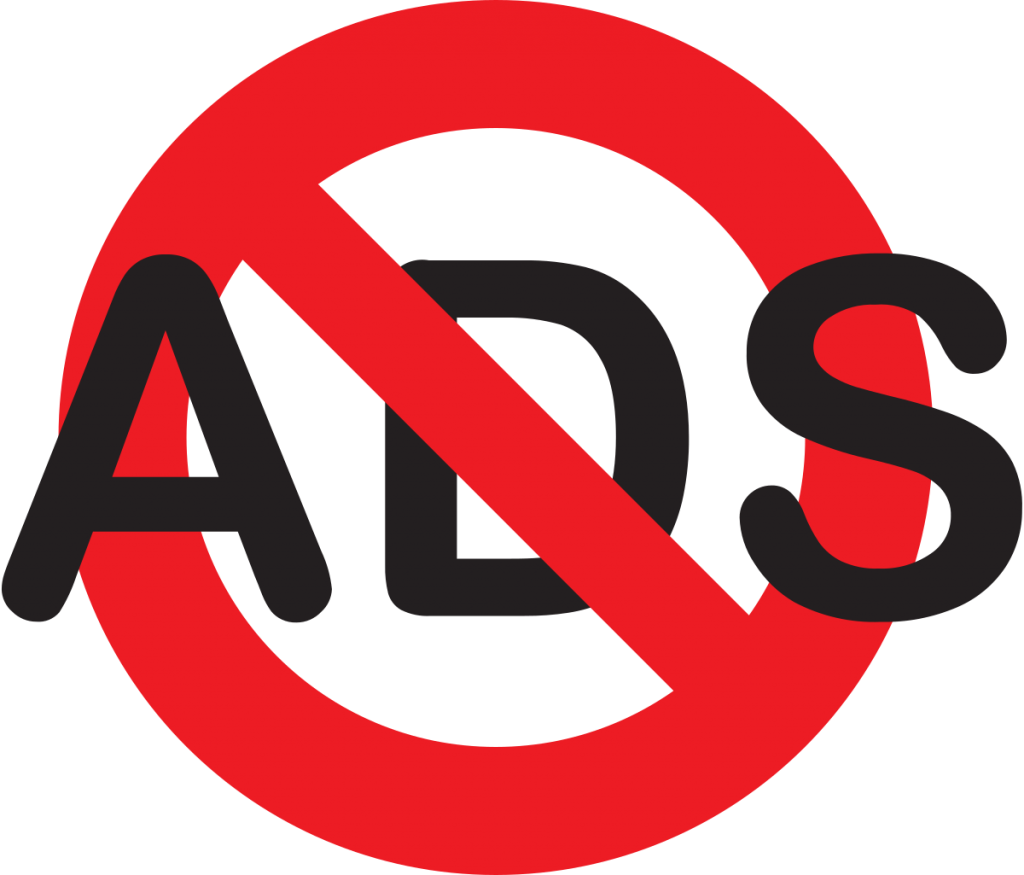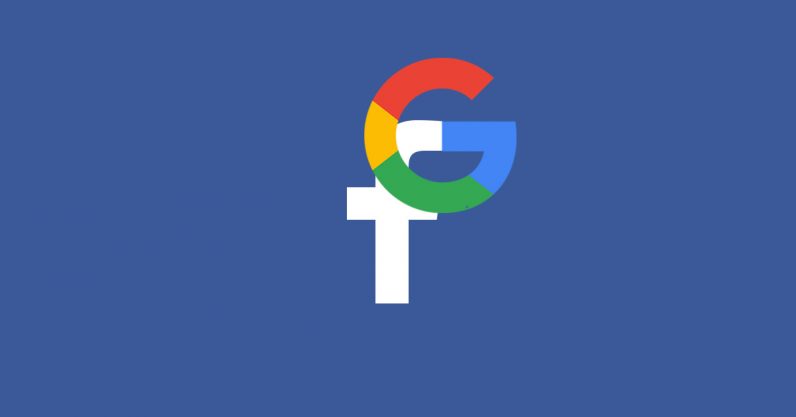Advertisers Are Pulling Out Because of COVID-19

The current ongoing pandemic is a harbinger of what’s to come. Society is probably not going to go back to what it was before, not having gone back before other major events, such as 9/11.
It’s important to have an open mind about how the world will shift in the upcoming months and years. One aspect that caught our attention is the rising number of advertisers that start pulling out their ad efforts for, various reasons.
Advertising, especially target advertising, has been a boon on the business industry, while some believe it is the single most important factor in business in the last decades.
Being an inescapable facet of our consumer lives, advertising has morphed from the traveling salesman cliché of the 20th century to the almost omniscient algorithm that knows you better than your spouse.
Of course, some might argue that the privacy invasion required to gather such a knowledge base is alarming.
While true, its business and financial success cannot be denied. Moreover, people also agree that if ads are to be shown, it’s better if they’re targeted on something consumers actually want to buy.
The two main developers of the digital ad industry are the beginning and the end of the Big Tech known as FAANG (Facebook, Apple, Amazon, Netflix, and Google).
(As an aside, the more esoteric of you might imagine that a hypothetical fall of Facebook and Google might signify the unraveling of Big Tech.)

Recently, Google announced that it’s slowing down hiring for the rest of 2020, while “maintaining hiring momentum in a small number of strategic areas”.
Keep in mind that advertising is Google’s main business model, as 71% of its revenue for Q1 of 2020 came from ads.
This isn’t to say necessarily that their ad departments will take a hit, but that by not hiring in the upcoming year they start to slow down progress in the development of ad-based products.
Hypothetically, by having $120B in cash and operating expenses of $54B, by losing all their revenue Google could operate at a massive loss for roughly another 2 years.
On the other hand, Facebook has $54B in cash and operating expenses of $33B, which would put them at operating for another 1.5 years if they lose all their revenue.
In reality though, “cost of revenue” tends to go down as revenue does, basically, both of Google and Facebook being able to sustain a roughly 50% drop in revenue while still remaining profitable.
Runway (the length of time in which a company will remain solvent, assuming that they are unable to raise more money) and burn rate (how fast money is expensed) have a reciprocal relationship.

If these companies sustained the 50% revenue drop mentioned above, they’d still have an infinite runway, while if they sustained a 75% drop, they’d have an approximately 5-year runway.
Of course, these scenarios are highly unlikely, but they paint a rough picture on the restructuring of the hiring process of the two IT conglomerates.
As opposed to Google, Facebook announced that they’re expecting to add 10,000 new workers in product and engineering, pulling a 180 on Google’s strategy.
Which in turn lets us infer that Facebook will start to go through revenue like crazy while investing in talent that will raise its ROI in the short term, while Google wants to focus on downsizing while reinvigorating its ad efforts.
Different strategies that only time will tell which has been more successful.
Another harbinger of what’s to come is the fact that Facebook’s ads are at an all-time low price, down 35% to 50% on average in recent weeks, said Alex Palmer, an analyst for Gupta Media.
Also, Google’s once-abundant ads for travel are now non-existent, as the travel industry gets to a halt.
Other sectors such as review sites like Yelp said on Thursday that it was laying off 1,000 employees and furloughing another 1,100.

With media outlets, LA Times recently decided to “furlough a number of employees” because “our advertising revenue has nearly been eliminated”, says Chris Argentieri, the president of California Times, a publishing company that owns the LA Times and several other newspapers.
Mr. Argentieri sent a memo to the team on Tuesday, bleakly announcing that “due to the unexpected effects of COVID-19, our advertising revenue has nearly been eliminated”.
Moreover, Mr. Argentieri continued, “while we’ve made significant progress in growing our digital subscriber base and developing other sources of revenue, it is not yet enough to offset the losses.”
This unfortunate event continues the series of news media outlets being ravaged by the current pandemic, with roughly 28,000 workers at news companies being laid off, in the US only.
For media outlets, its extremely important to develop alternative methods of income generation, such as paid subscription models. Unfortunately, it’s easier said than done.
Because people expect things on the internet to be free, it’s doubly hard to make them pay for something that was free before. You need to up your value and to properly market it to your customers.
A harrowing prediction tells us that news media outlets are set to lose over £50m in online ads as firms use coronavirus ‘blacklist’. This may be a reason why Google is starting to relax its coronavirus ban.
Conclusion

In this article we wanted to paint the image on the current situation of the two main ad conglomerates, in order to connect it with how advertisers are starting to pull out their ads, completing a vicious financial cycle that benefits none.
As companies double down on their efforts to stay afloat during the current pandemic and (unfortunately) future recession, the cash reserved for advertisers gets reflown into other departments.
This, in turn, makes for less money spent on ads, as seen on Facebook on Google’s part, which further makes for less revenue and customers converted for said companies.
Moreover, as people become more thoughtful about their spending habits, ads become less effective.
It’s not all bleak though, as some industries are booming because of advertising, such as the food delivery sector.
Ultimately, ads are an important facet of our current (digital) society, and its erosion is starting to be felt by companies all around the world.
What we can hope for is for the current ongoing pandemic to end as soon as possible for the ad industry to get back on the saddle.
Catch you in the next one!



